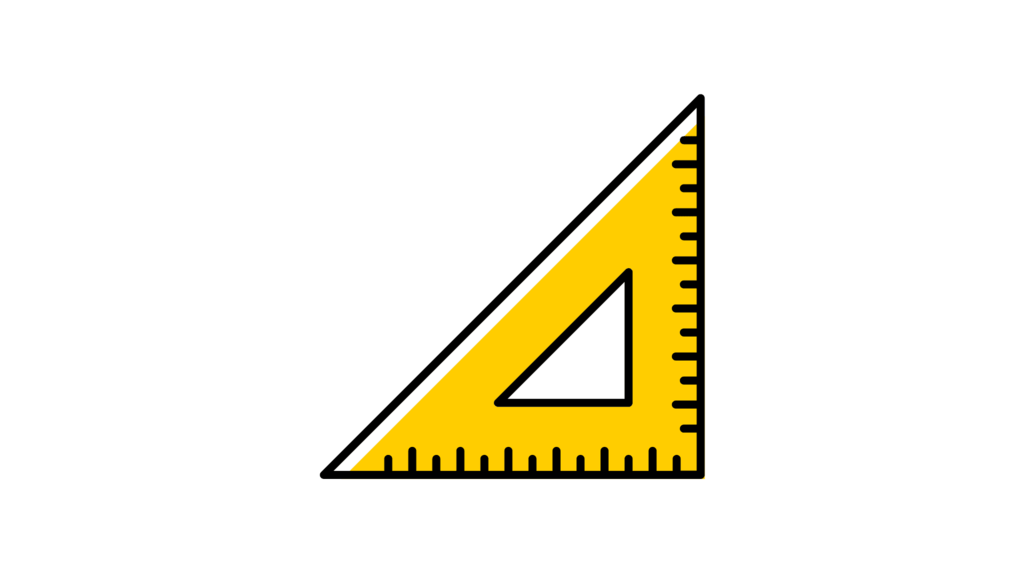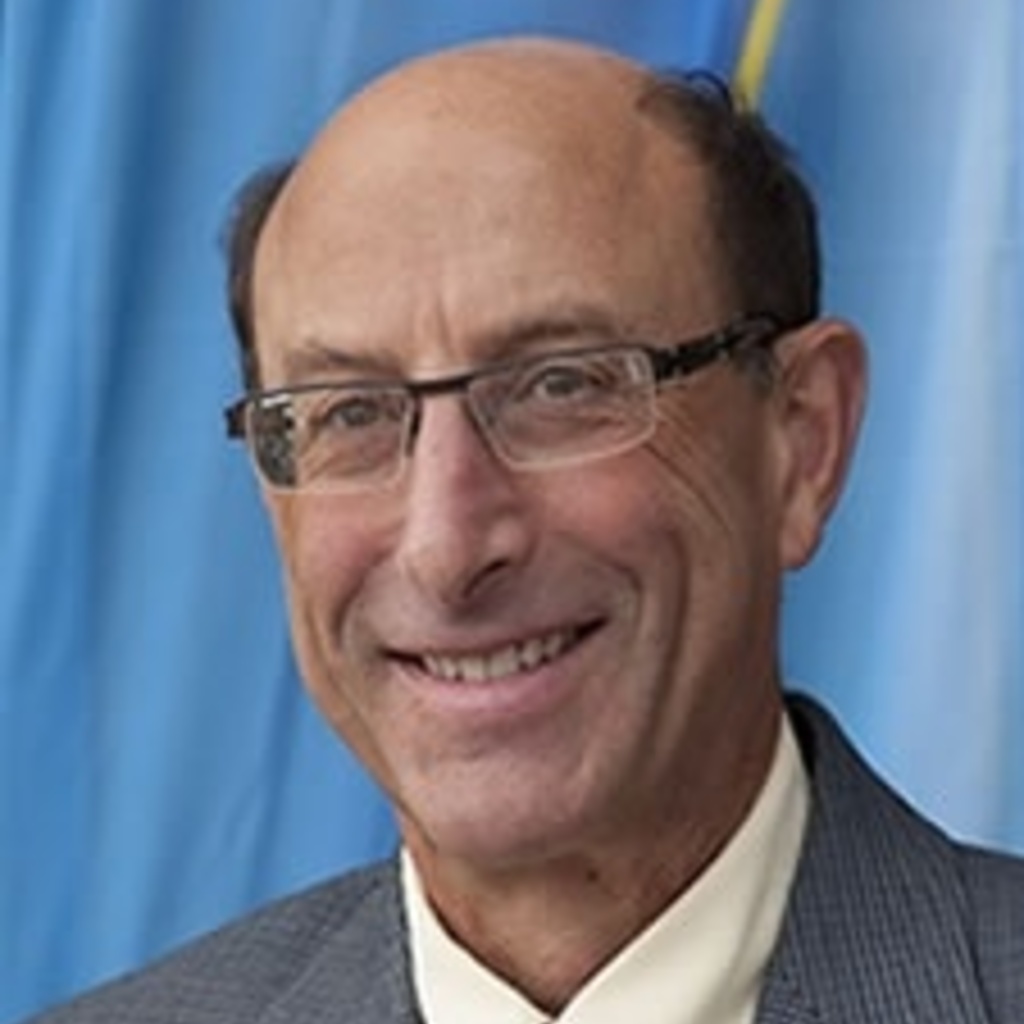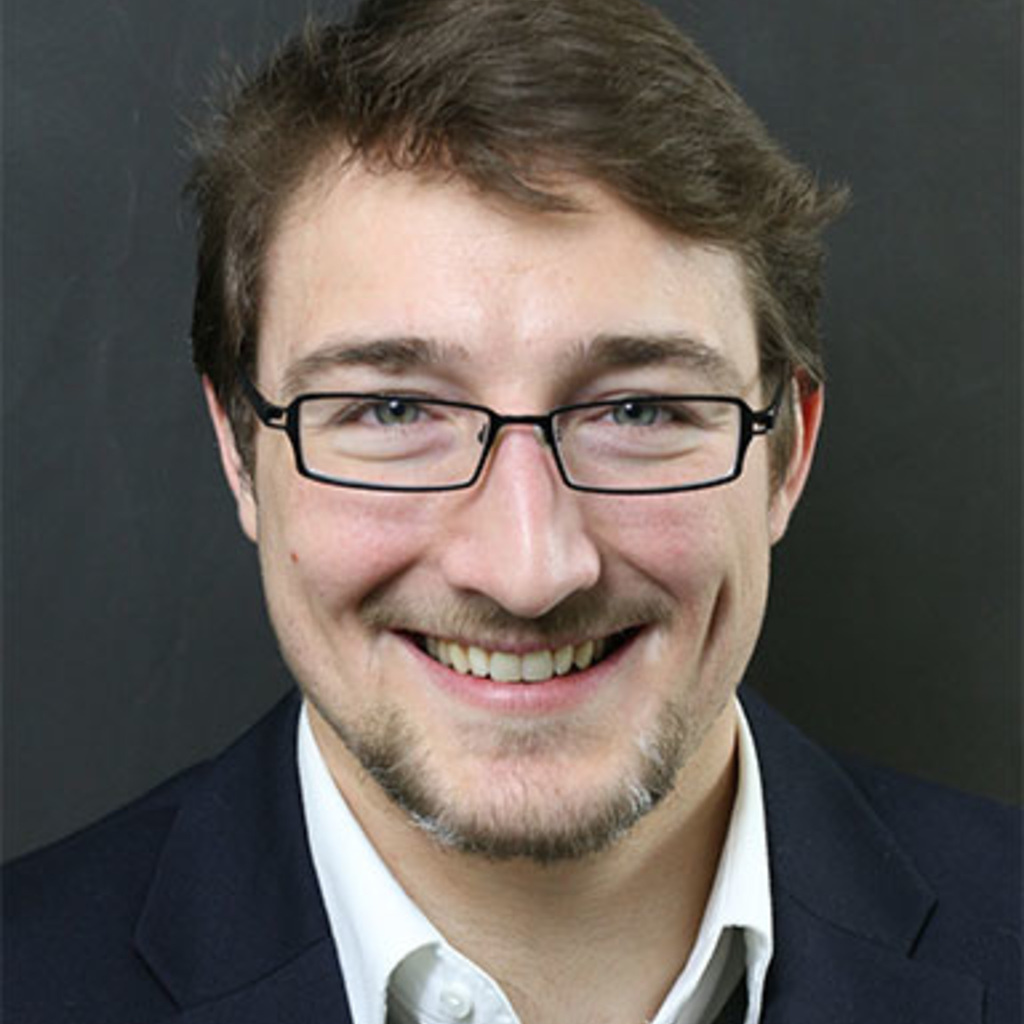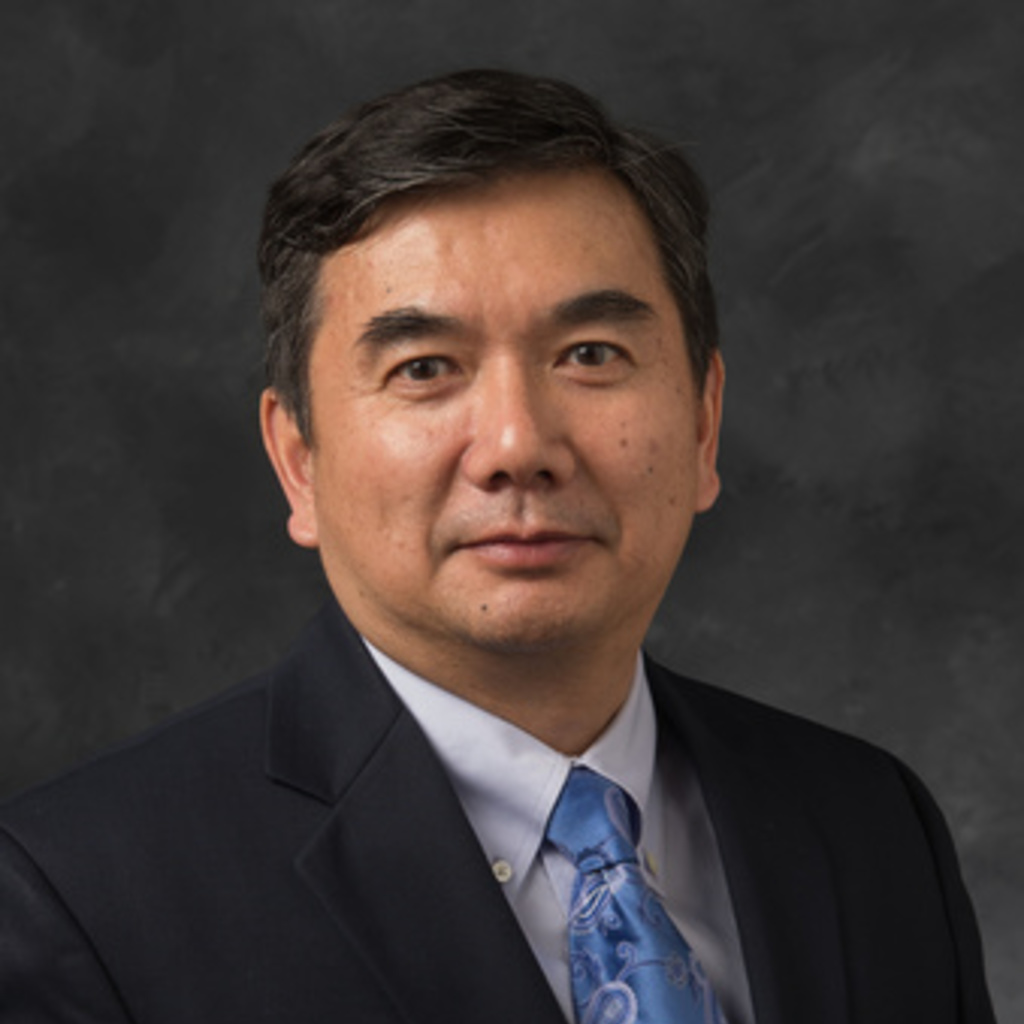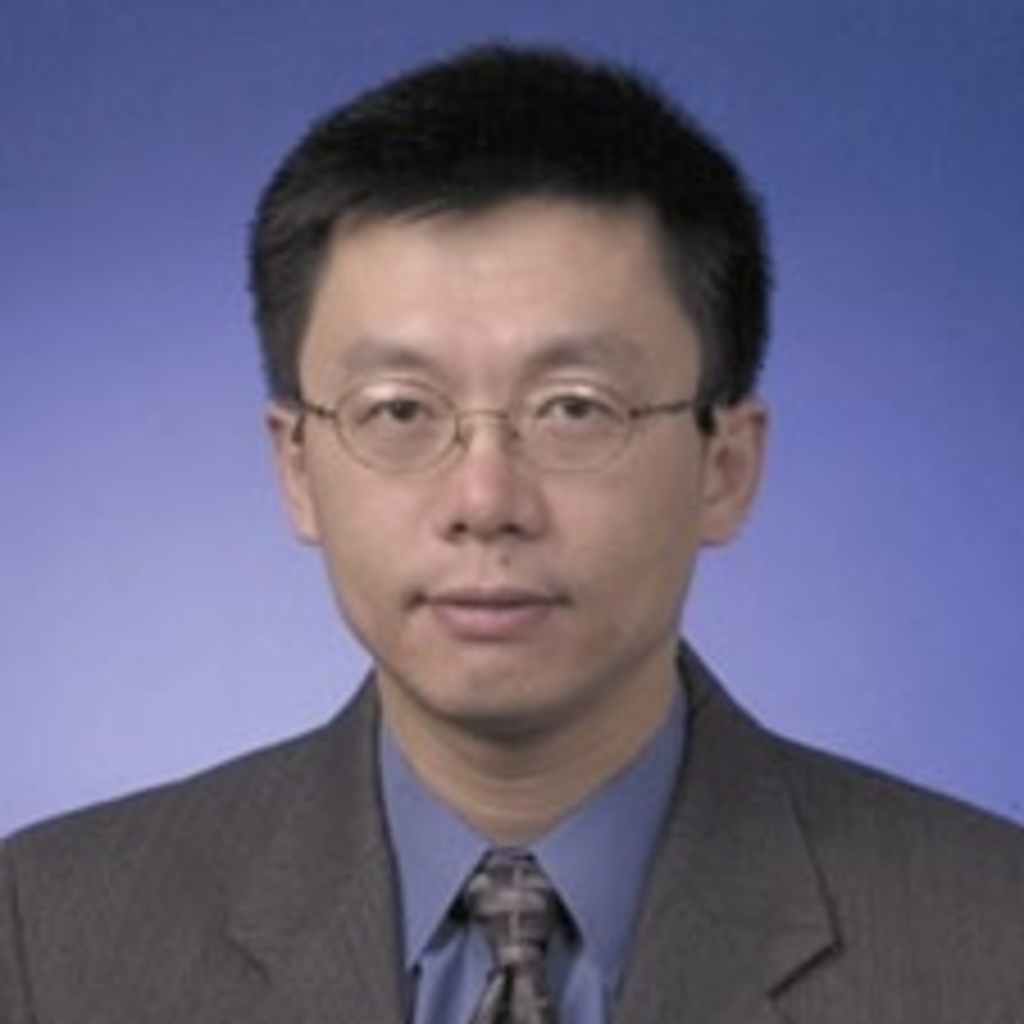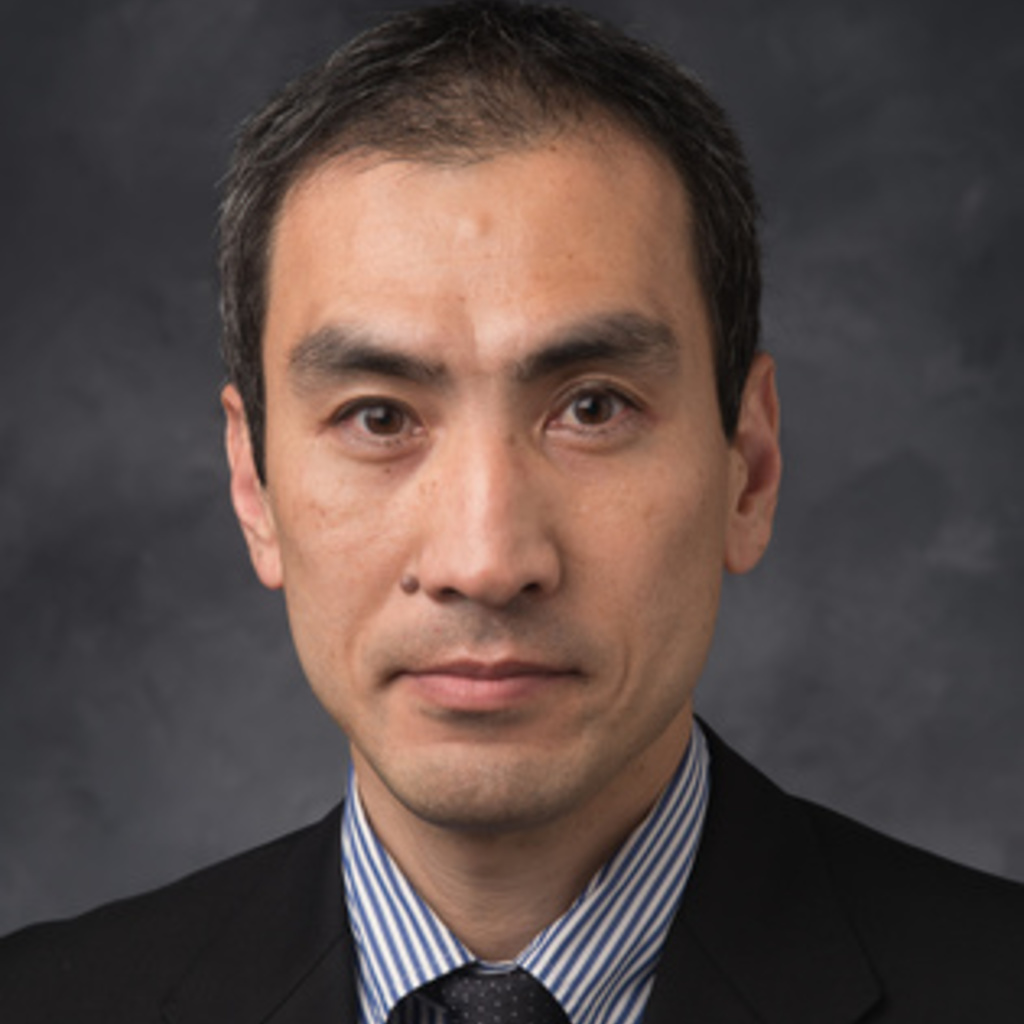Main navigation
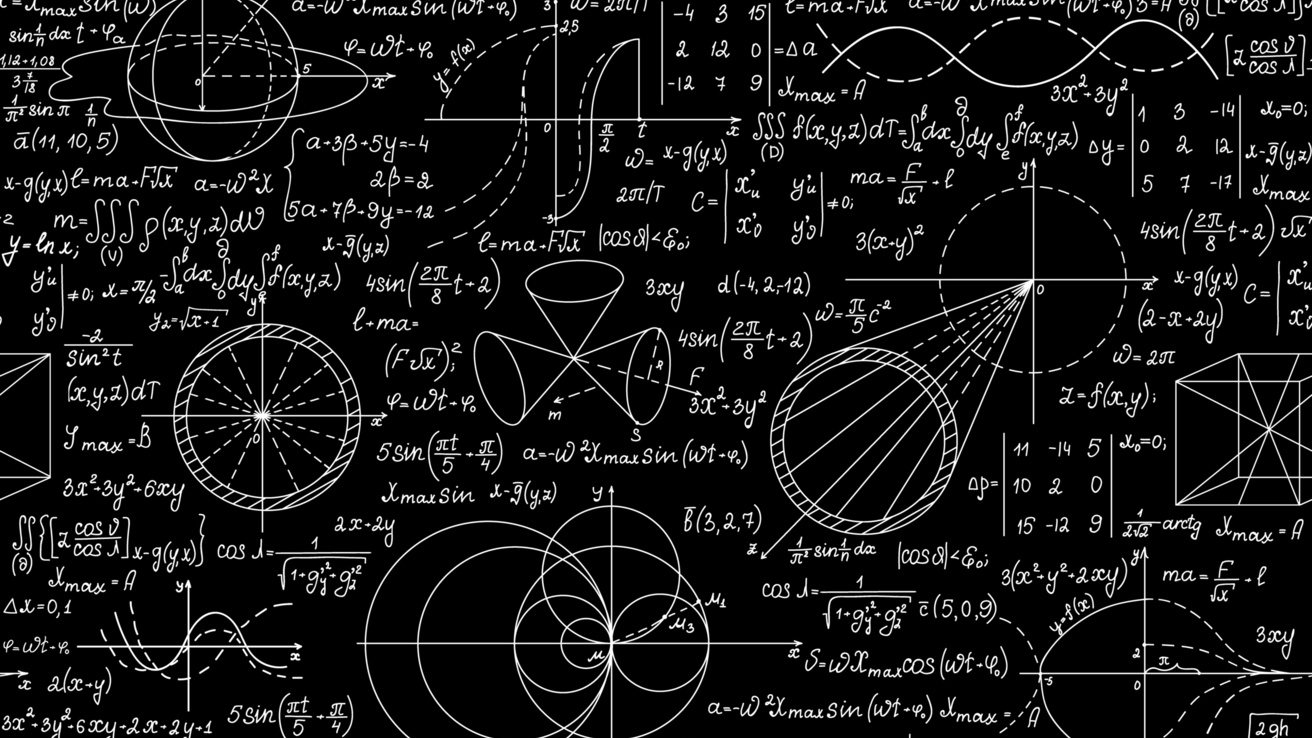
The Design and Uncertainty Quantification focus area is concerned with design optimization of complex mechanical systems in the presence of uncertainty. The focus area emphasizes developments of sound theoretical foundation, novel computational methods and algorithms, and modern software tools aimed at creating state-of-the-art engineering design of automotive, aerospace, naval, nuclear, and biomedical systems. Current areas of excellence include artificial muscles and smart materials design, ship hydrodynamics, design sensitivity analysis, uncertainty quantification, and reliability-based design optimization.
Associated Faculty
Associated Centers and Programs
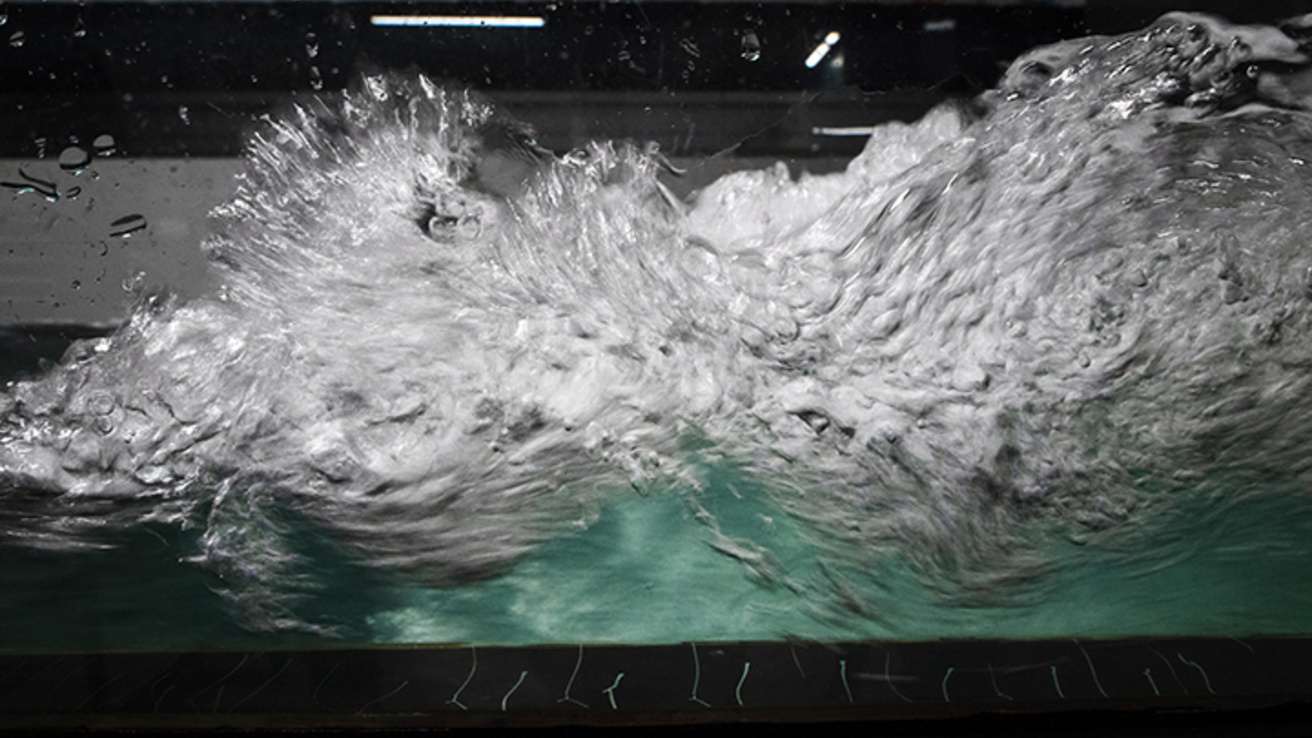
The Fluid Dynamics focus area covers a wide variety of topics with flow of liquids and gases as the common denominator. The graduate program in fluid dynamics emphasizes fundamental principles and applications, and the numerical and experimental techniques used to obtain and analyze fluid flows. Areas of concentration include computational fluid dynamics, experimental fluid dynamics, medical flows, naval hydrodynamics, biologically-inspired air and underwater vehicles, multiphase flows, cavitation and ventilation, fluid-structure interaction and turbulence, among others.
Associated Faculty
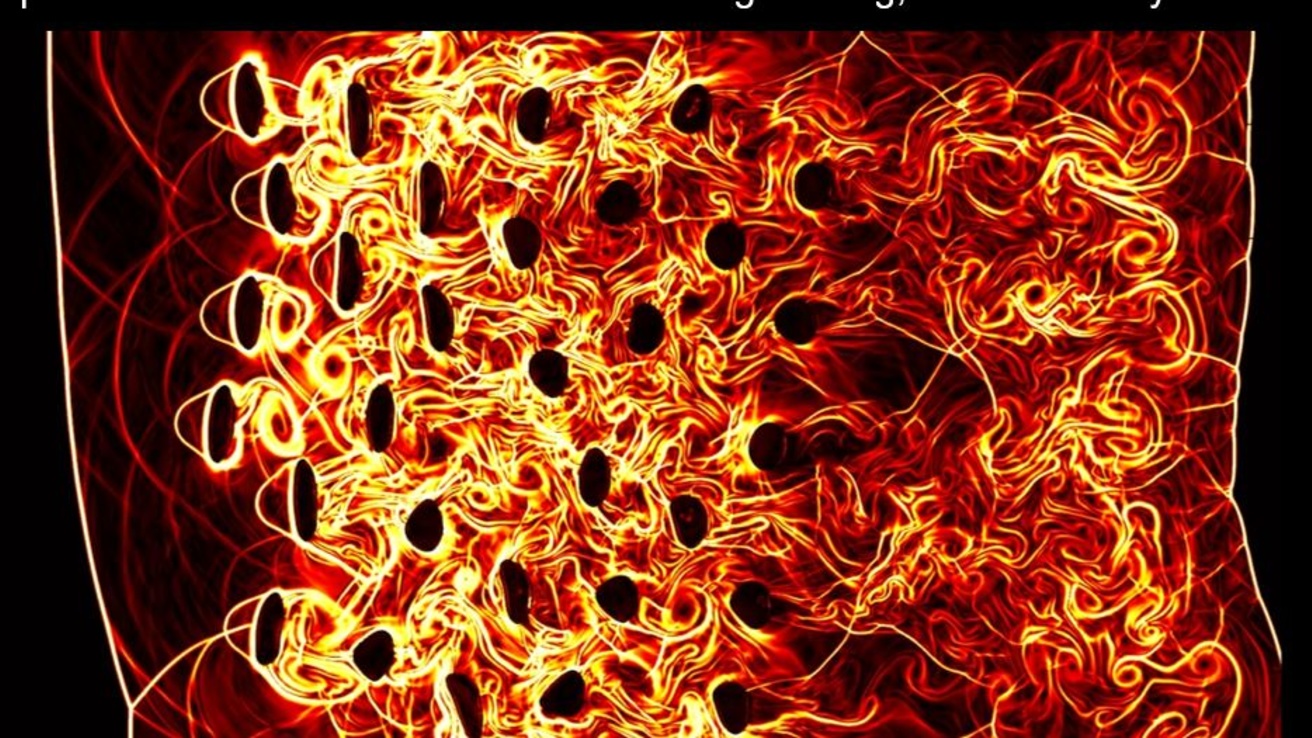
The Heat Transfer and Combustion focus area applies to real-world systems in manufacturing and materials processing, propulsion, energy production, etc. The graduate program emphasizes fundamental principles and techniques required for experimental and theoretical research. Current areas of research include solidification of materials, metal casting, 3D printing, laser-materials interaction, power plants and propulsion devices such as automobile and aircraft engines, energy conservation and production, energy storage, complex reactive materials, and machine learning in computational modeling and simulation.
Associated Faculty
Associated Centers and Programs
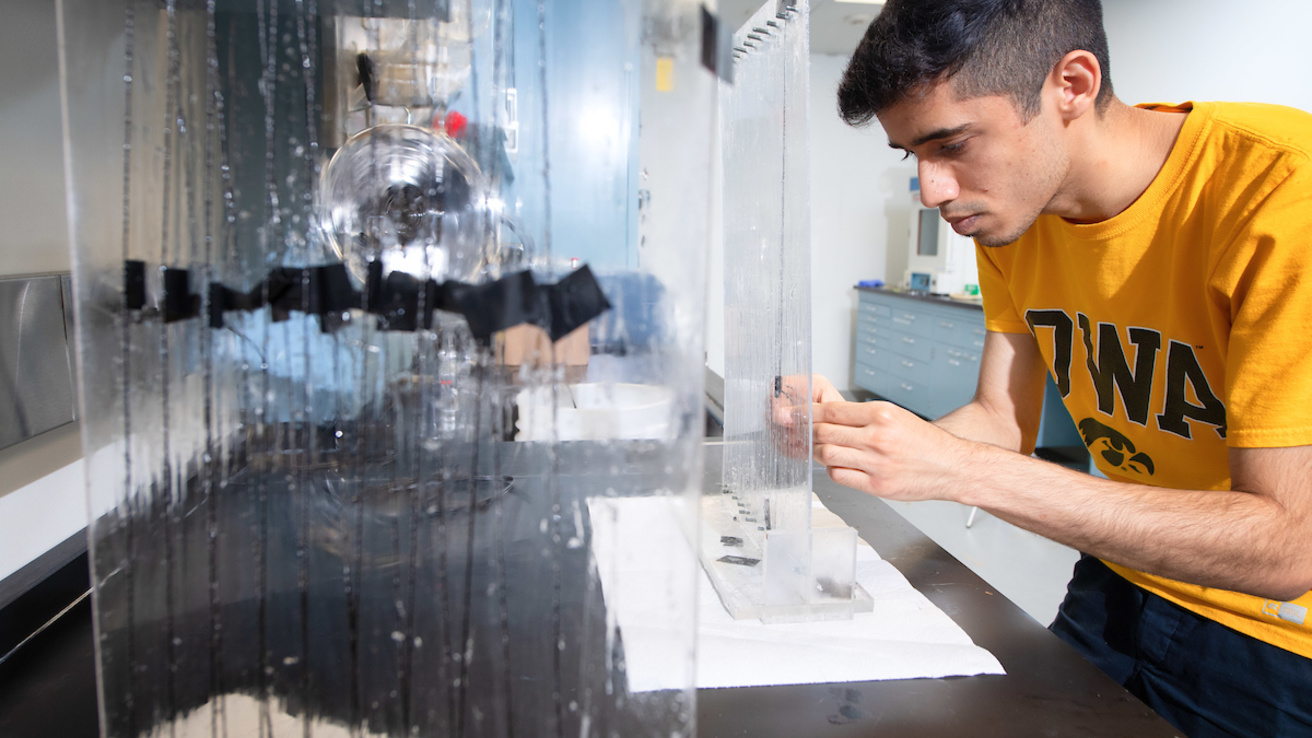
The manufacturing and materials focus area involves fundamental materials processing science, technological advancement in manufacturing applications, and development of new manufacturing processes and new material functions. Current and emerging thrust areas include solidification, metal casting, laser materials processing, micro and nanofabrication, joining, ultrasonic welding, machining, microstructure evolution, manufacturing process modeling and simulation, artificial muscles, artificial camouflage, smart materials as well as material characterizations. These research activities are well supported by federal and state agencies and by manufacturing industry.
Associated Faculty
Associated Centers and Programs
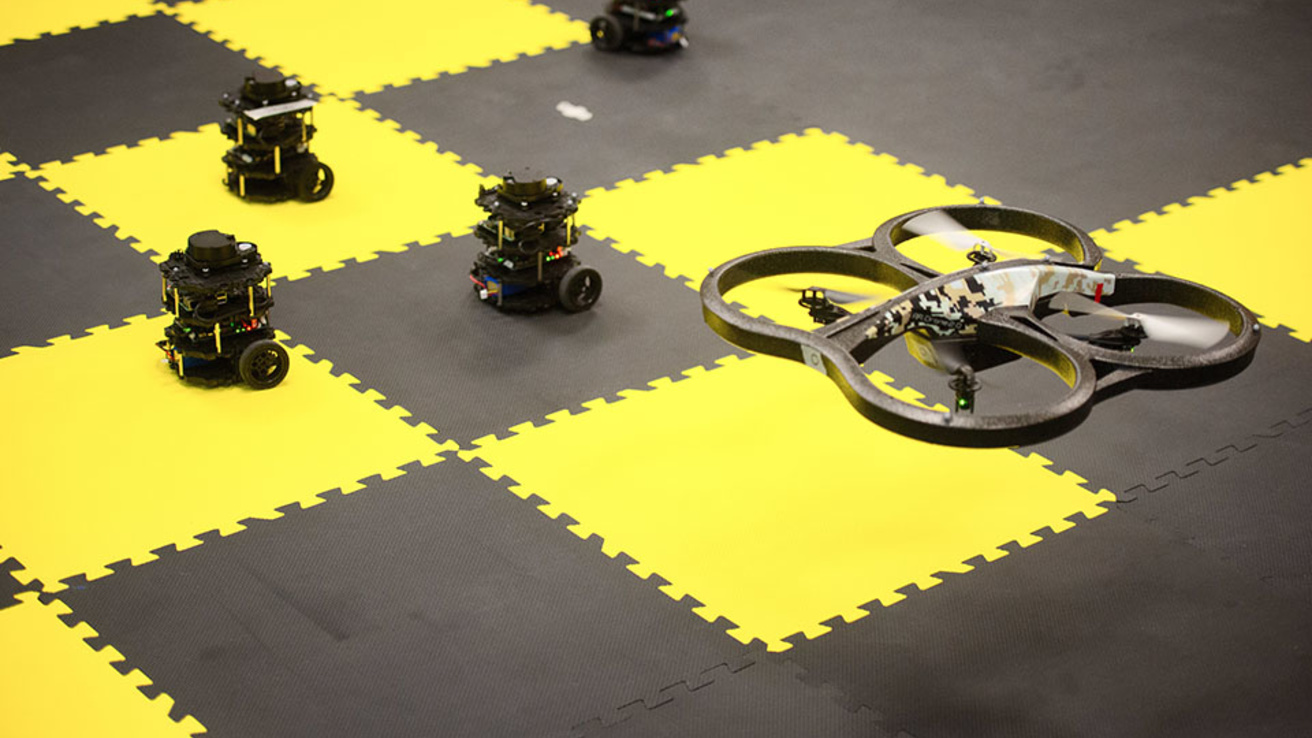
Robotics, controls, and autonomous systems (RCAS) are concerned with the modeling, analysis, design, and control of dynamic systems. The graduate program in RCAS emphasizes fundamental principles and techniques of robotics, control theory, and artificial intelligence. Areas of concentration include computational intelligence, dynamic autonomous systems, cyber-physical systems, and networked robotic systems, with potential applications in self-driving cars, medical and assistive robots for surgery and rehabilitation, industrial co-robots for human-robot collaboration, unmanned aerial, ground, and underwater vehicles.
Associated Faculty

Solid mechanics and multibody dynamics are concerned with the behavior of solid materials and flexible bodies, especially their deformation, motion, and stress responses under the action of applied loads. The graduate program in solid mechanics and multibody dynamics emphasizes the theoretical foundations and problem-solving techniques for engineering applications. Current research focuses of the faculty include multiscale mechanics of materials, biomechanics, vehicle dynamics, computational mechanics, multibody dynamics, and optimization.
Associated Faculty
Associated Centers and Programs

The Biomechanics and Human-Robot Interaction research area investigates the integration of advanced technologies, wearable sensors, and robotic systems to improve human health, mobility, and performance. This interdisciplinary field emphasizes the development, modeling, and testing of smart wearable technologies and adaptive assistive devices that respond to human needs. Research topics include novel actuation and sensing technologies, skeletal and tissue mechanics, and enhanced human-robot interactions. The program seeks to drive innovations in healthcare, personalized assistive technologies, and bio-inspired robotics, with applications across several domains.
Graduate Sample Course Plan
Associated Faculty
